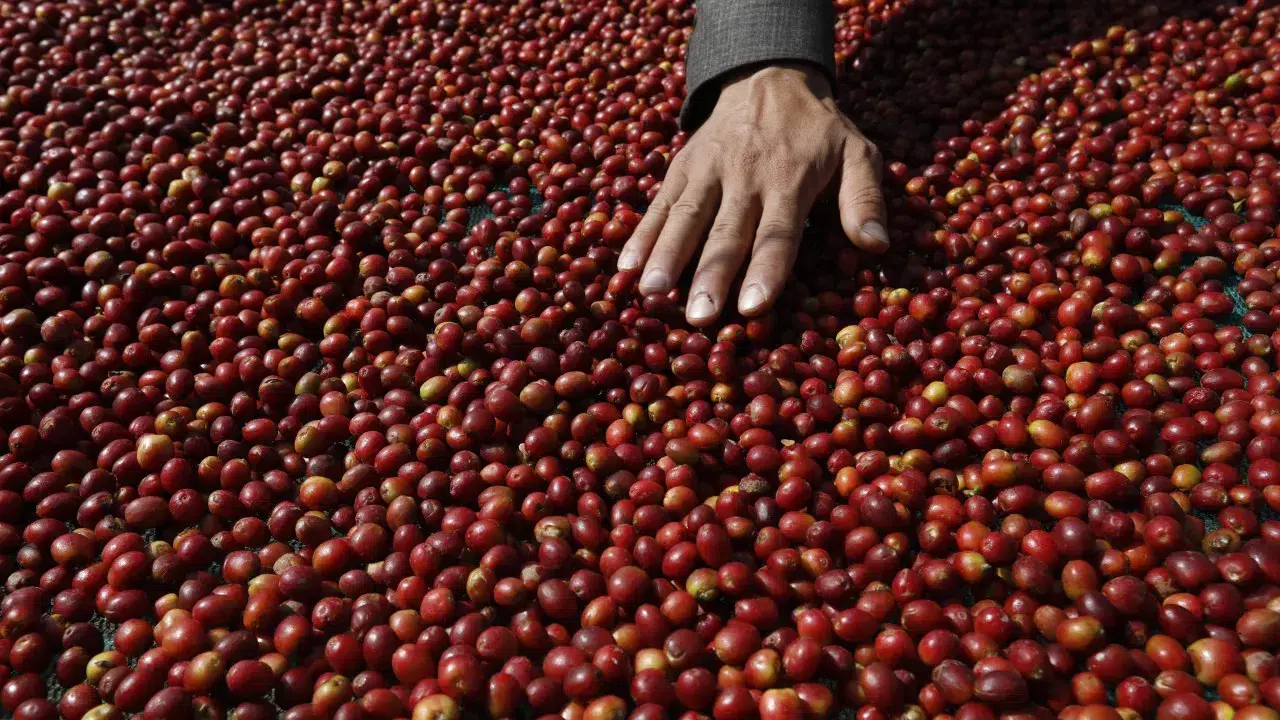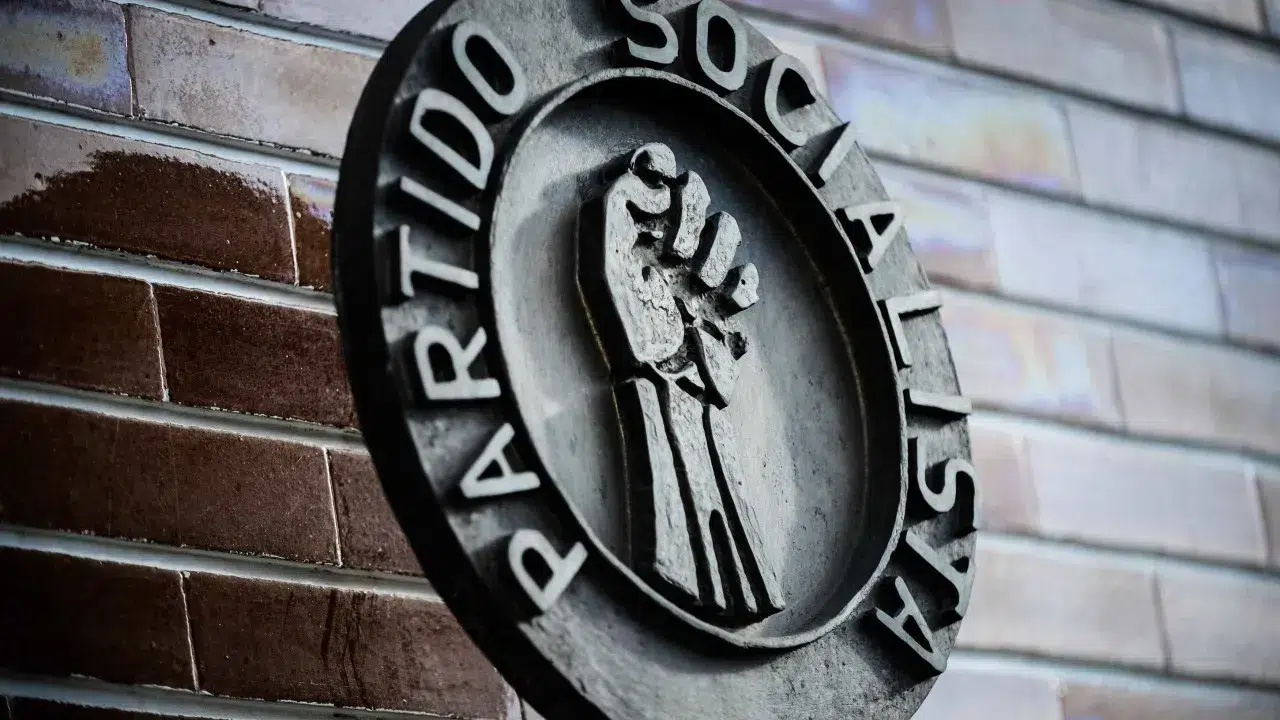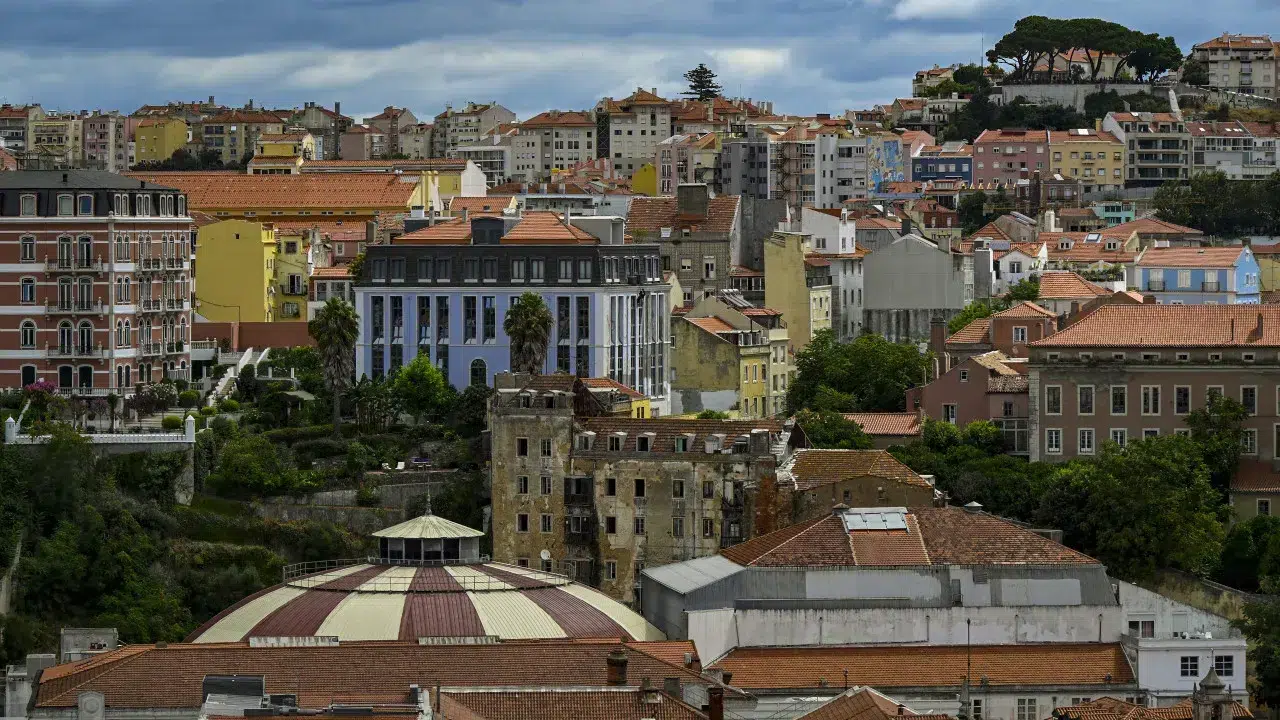
The price of Arabica coffee reversed its trend and rose on Thursday in the Intercontinental Exchange (ICE) futures market after Washington announced the imposition of an additional 50% tariff on imports from Brazil.
The United States intends to implement the additional 50% tariff on Brazilian imports, the world’s largest coffee producer, starting August 1.
According to Trading Economics, coffee futures jumped by 3.2% to settle at $2.95 per pound, compared to €2.52/pound on Wednesday, before reducing gains to end at $2.89/pound.
Arabica coffee futures prices have been consistently dropping since April 28 ($4.12/pound) due to reports of improved harvest prospects in Brazil and other producer countries.
So far in 2025, the highest coffee price was recorded on February 13 ($4.33/pound).
Trading Economics noted that Rabobank analysts warned that American consumers might face higher coffee prices unless exemptions are given for products not easily grown domestically.
Despite tariff concerns, favorable weather in Brazil has supported harvest and drying efforts, allowing new supplies to reach the market faster.
The financial indicators portal detailed that expectations of a larger harvest in the second half of the year, driven by the arrival of the new Brazilian harvest, continue to support the overall market fundamentals.
Nevertheless, it warned of pressure from other regions, as Colombian Arabica production fell 22% year-on-year in June (909,000 bags of 60 kg), marking the third consecutive monthly decline compared to the same period last year.
Meanwhile, the Brazilian Coffee Industry Association (ABIC) warned on Thursday of “extremely negative and significant impacts” on the entire production chain if the 50% tariff is imposed.
The industry association highlighted that the United States is the world’s largest coffee consumer and “depends on producer countries like Brazil to supply its domestic market.”
For ABIC, the sanction communicated “unilaterally” represents a “serious setback” in bilateral trade relations and could compromise “export competitiveness and pressure costs during a moment of global market reorganization.”




